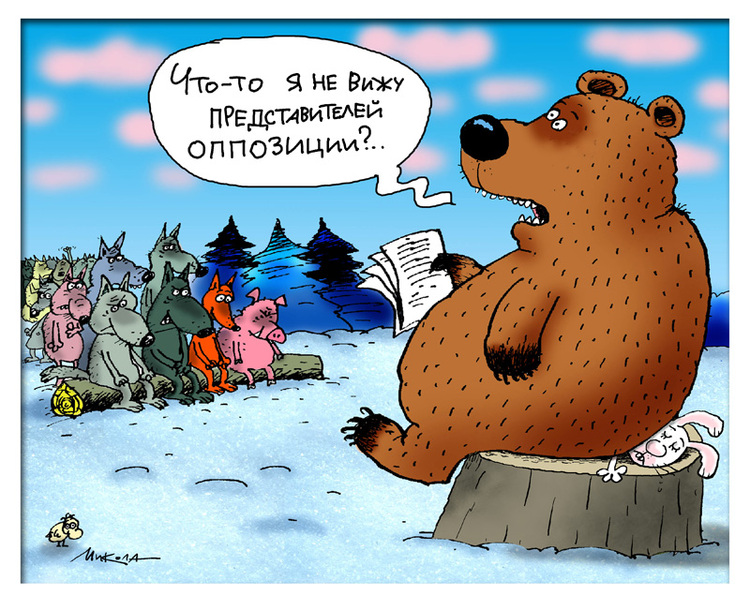Elections, Religious Freedoms, New Sanctions in the West’s Spotlight
 The situation has not changed
The situation has not changed

In Minsk, as expected, the refusal to invite OSCE representatives to observe the Single Voting Day has stirred tensions, with accusations of Western pressure and interference in internal affairs. The OSCE sees this decision as more than just a failure to adhere to electoral procedures—it’s viewed as a complete disregard for democratic processes. However, the primary sanctions imposed against the regime are not solely due to non-compliance with electoral procedures but are a response to the unprecedented suppression of citizens’ rights and freedoms through brutal repression. Religious freedoms are also now added to the list of grievances, setting the stage for ongoing sanctions pressure.
Minsk officially declared that it would not extend an invitation to OSCE observers for the Unified Voting Day on February 25. The Republic of Belarus’ Ministry of Foreign Affairs justified this decision by pointing to “geographical and functional imbalances in the OSCE system,” a crisis of confidence, and closed borders. Minsk is open to reconsidering its approach to engaging with this organization if the West abandons what it considers an “illegal” sanctions policy and refrains from meddling in Belarus’s internal affairs.
In response, OSCE representatives expressed their concern and regret. They noted that after the 2020 presidential elections, the 2024 parliamentary elections will be the second consecutive instance without ODIHR observers due to the absence of a timely invitation from Belarusian authorities. Despite this, ODIHR will persist in monitoring developments in the country within its mandate.
The organization contends that Aliaksandr Lukashenka has abandoned any pretense of democratic processes, renounced obligations within the OSCE, and is now resorting to brutal repressions against the opposition and free-thinking Belarusians. With almost one and a half thousand political prisoners in Belarus, the conditions for civil society activities and groups defending women’s rights have become unbearable.
The human rights situation in Belarus continues to deteriorate, as confirmed by the international organization Human Rights Watch in its 2023 report.
The US Commission on International Religious Freedom (USCIRF) has also raised concerns about religious freedom being under threat in Belarus. This comes after Lukashenka signed a document altering laws governing the activities of religious organizations. The changes grant the government unlimited control over religious communities and their affairs. USCIRF believes that the new law “imposes strict, burdensome requirements on religious communities and includes vague prohibitions likely to limit the peaceful expression of religious beliefs.” USCIRF recommends that the Biden Administration and Congress prioritize religious freedom as part of the U.S. government’s efforts to hold Belarus accountable for gross human rights violations.
Previously, the US, EU, and other OSCE members imposed sanctions on the Belarusian regime not just due to the violation of election procedures but primarily because of the unprecedented suppression of democratic freedoms in the country. The West is now ready to introduce additional restrictions if the situation fails to improve.
The tightening of sanctions against Belarus and Russia was a key topic during the meeting between the Foreign Ministers of Lithuania and Poland, Gabrielius Landsbergis and Radoslaw Sikorski.
In her meeting with the President of the European Parliament (EP), Roberta Metsola, the leader of the Belarusian democratic forces, Sviatlana Tsikhanouskaya, proposed adopting a distinct package of sanctions against individuals involved in repression and against enterprises using forced labor of prisoners. She also suggested a discussion in the European Parliament on ways to hold the regime accountable, involving the Joint Transitional Cabinet, the People’s Anti-Crisis Management, international experts, and politicians.
Subscribe to our newsletter




Situation in Belarus
Constitutional referendum: main consequences


 Video
Video
How to count the political prisoners: are the new criteria needed?


 Video
Video
Paternalism In Decline, Belarusian Euroscepticism, And The Influence Of Russia


 Video
Video












